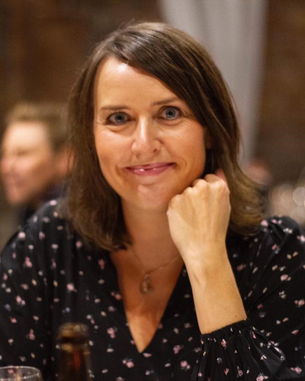 Tittel på avhandlingen er: "GRASPING MATERIALITIES. Making Sense through Explorative Touch Interactions with Materials and Digital Technologies"
Tittel på avhandlingen er: "GRASPING MATERIALITIES. Making Sense through Explorative Touch Interactions with Materials and Digital Technologies"
Abstract
The objective of this doctoral study was to examine how explorative touch interactions with physical and virtual materialities can facilitate processes of sense-making. Our senses are deeply ingrained in the materiality of the world, and our embodied minds are shaped by touch interactions with the environment. Arts and crafts education is characterized by explorative processes wherein children’s and adults’ tactile and haptic experiences are central to their interactions with various materials and technologies.
In recent years, there has been a digitalization of materiality in educational settings. This digitalization involves a change from using physical materials and technologies to those based in the virtual realm. There has also been renewed interest in the connection between embodied action and cognition in recent years in studies documenting learning as an embodied process. However, few empirical studies on embodied cognition have been conducted to study the sensorial and explorative aspects of interaction with the materiality of digital technologies. The conceptual framework of this dissertation is related to the theory of embodied cognition. The theory acknowledges that we develop knowledge and make sense through our embodied minds, which are rooted in the bodies’ sensory experience. This study applies an arts-based research (ABR) methodology. It draws inspiration from sensory ethnography and a/r/tography and is supported by video documentation. Through three case studies, sense-making in tactile and haptic interaction with physical and virtual materialities was studied in arts and crafts educational settings.
During the study, six main themes were identified that have theoretical and practical implications for education. These themes are: (1) Tactile and haptic dimensions of materiality bridge understanding of the material to the virtual, (2) Emotions and imagination are embodied sense-making faculties during interaction with virtual materialities, (3) Virtual materiality can initiate new discoveries and shape the experience of the material world, (4) Digital technologies and strategies that provide opportunities for co-creation and exploration are essential to sense-making, (5) Joint exploration influences the process of sense-making with digital technologies in interaction with the physical environment, (6) Haptic visuality and artistic forms of exploration can deepen understanding of sense-making and touch interaction.